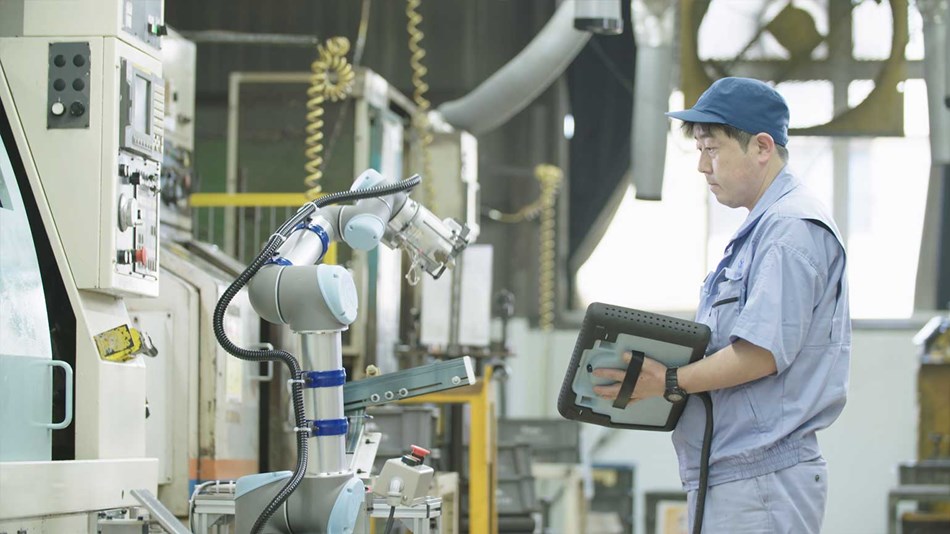In 2020, the manufacturing sector played a pivotal role in driving Viet Nam’s economy, contributing to 5.82 per cent in the economy. Additionally, it accounts for 16.69 per cent of the GDP of Viet Nam.

Universal Robots (UR), Denmark-based collaborative robots (cobots) manufacture, has advised Viet Nam’s manufacturing industry leaders to implement cobots to address skills and labour shortage as well as achieve higher productivity.
In 2020, the manufacturing sector played a pivotal role in driving Viet Nam’s economy, contributing to 5.82 per cent in the economy. Additionally, it accounts for 16.69 per cent of the GDP of Viet Nam.
According to Nikkei and IHS Market, the Viet Nam Manufacturing Purchasing Managers’ Index (PMI) reflected 51.7 points in December, up from 49.9 in November. Hence, business conditions in the Vietnamese manufacturing sector witnessed gradual improvement.
“Safety is imperative and has become the cost of entry into the cobot market now. UR believes in developing affordable, lightweight, and flexible robots that could deliver a rapid return on investment for the manufacturing industry,” says James McKew, Regional Director of Asia-Pacific in Universal Robots.
“By lowering the automation barrier within the reach of manufacturers who never thought that they could deploy robots due to cost and complexity, we hope to help Viet Nam’s industries realise higher productivity and maintain effective utilisation of their plants," added McKew.
According to the 'Collaborative Robot Market by Payload, Component, Application, Industry, and Geography - Global Forecast to 2026' report by market research firm MarketsandMarkets, cobots are increasingly being adopted by various industries due to advantages such as increased productivity and effective employee utilisation.
The cobots’ market in the APAC region is expected to surpass that in Europe by 2021 due to large scale manufacturing industries especially automotive, electronics, and metals sectors which are increasingly deploying cobots.
Today, UR’s cobots allow employees to move from repetitive, low-value tasks to high-value activities that increase work productivity and quality. Viet Nam manufacturing industry stands to benefit most from robotics as its processes involve repetitive work in confined, structured spaces, environments that robots excel in. Cobots can work around the clock and produce consistent work under harsh working conditions without any rest. — VNS





